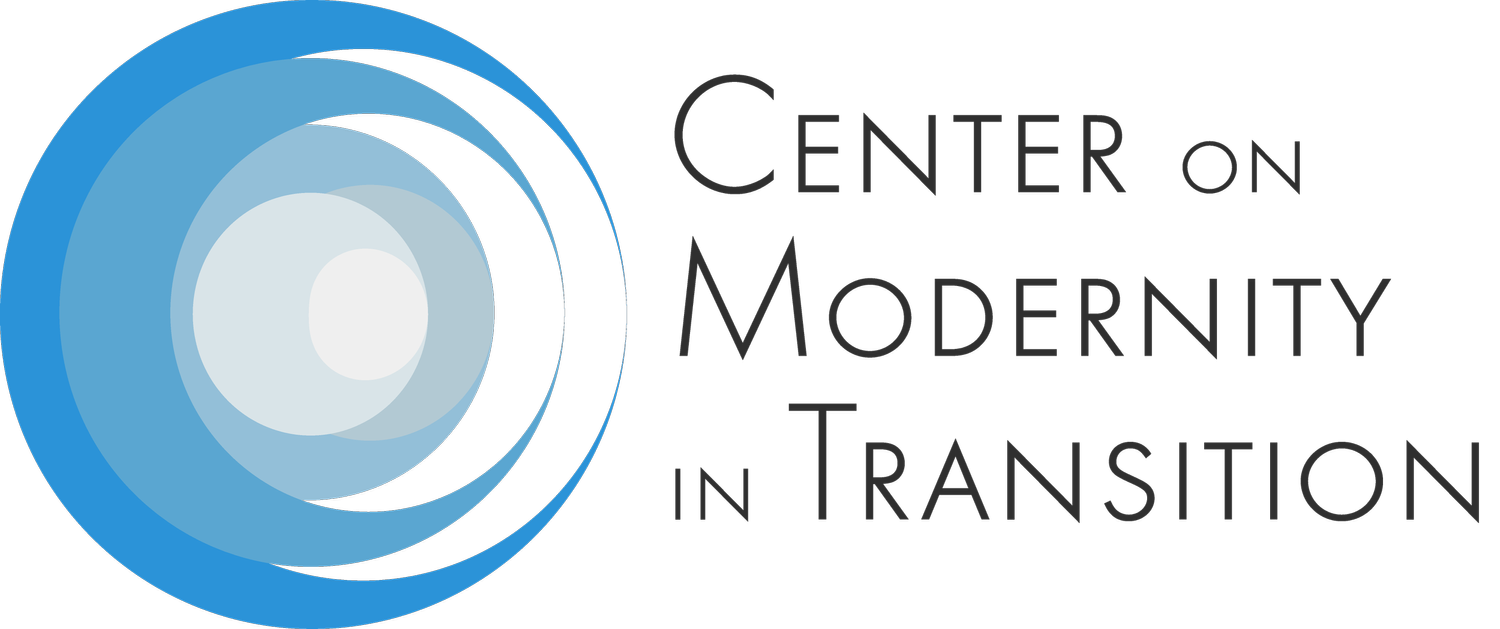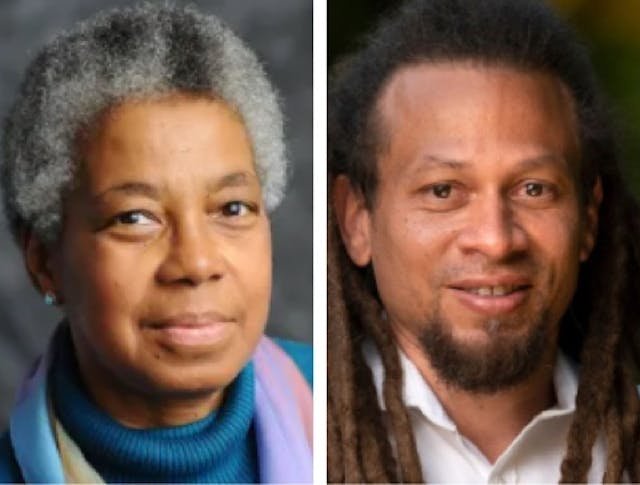Identity, Liberalism, and Democracy in America
Speakers
JULIET HOOKER
Professor of Political Science at Brown University. She author of Race and the Politics of Solidarity (2009) and Theorizing Race in the Americas: Douglass, Sarmiento, Du Bois, and Vasconcelos (2017).
SAMUEL MOYN
Samuel Moyn is Chancellor Kent Professor of Law and History at Yale University. He has written several books in his fields of European intellectual history and human rights history, including The Last Utopia: Human Rights in History (2010). His most recent books are Not Enough: Human Rights in an Unequal World (2018), and Humane: How the United States Abandoned Peace and Reinvented War (2021).
Moderators:
SHAHRZAD SABET
Shahrzad Sabet is Co-Director of the Center on Modernity in Transition (COMIT) and a Fellow at New York University’s Institute for Public Knowledge. Her current book project, which spans a variety of disciplines, makes the case for a reimagined universalism that reconciles the oneness and the diversity of humankind.
BENJAMIN SCHEWEL
Benjamin Schewel is Co-Director of the Center on Modernity in Transition (COMIT). He is author of Seven Ways of Looking at Religion (2017) and is currently working on a second book, Encountering the Axial Age, both from Yale University Press.
2021-2022 SPEAKER SERIES
Identity and Belonging in a Global Age
With the rise of tribalism and nationalism throughout the world, questions of collective identity and belonging have surged to prominence in recent years. Across numerous disciplines and discourses, a key dilemma has taken shape: how to reconcile the legitimate yearning for rootedness and locality, with the fluidity and porousness of an increasingly global age. This series brings together leading thinkers from a variety of perspectives to examine and reframe the crises of identity that confront us in a rapidly changing global age, and to think deeply about how humanity might resolve them. Sponsored by the Kenan Institute for Ethics at Duke University, the Institute for Public Knowledge at New York University, and COMIT.













